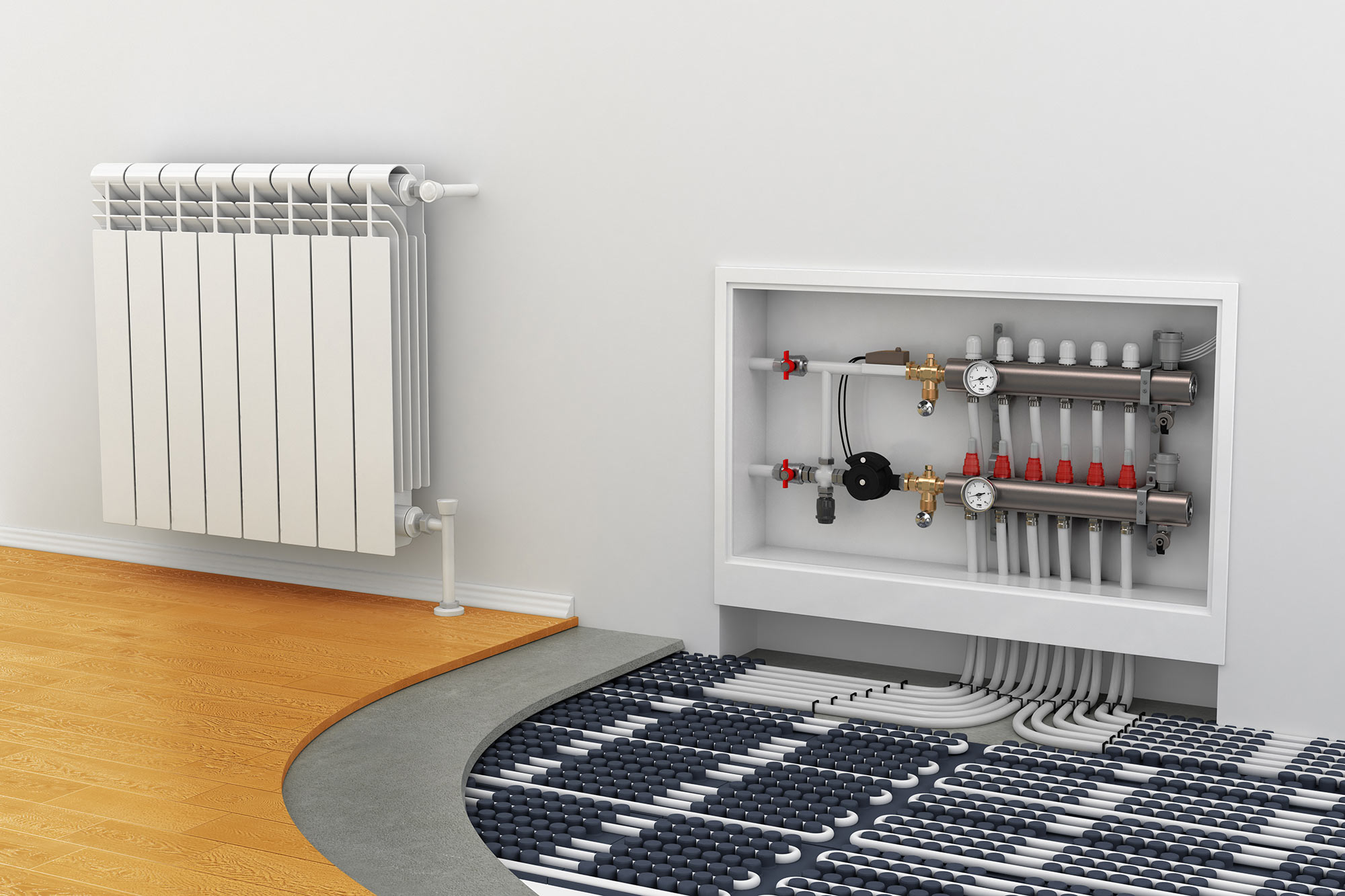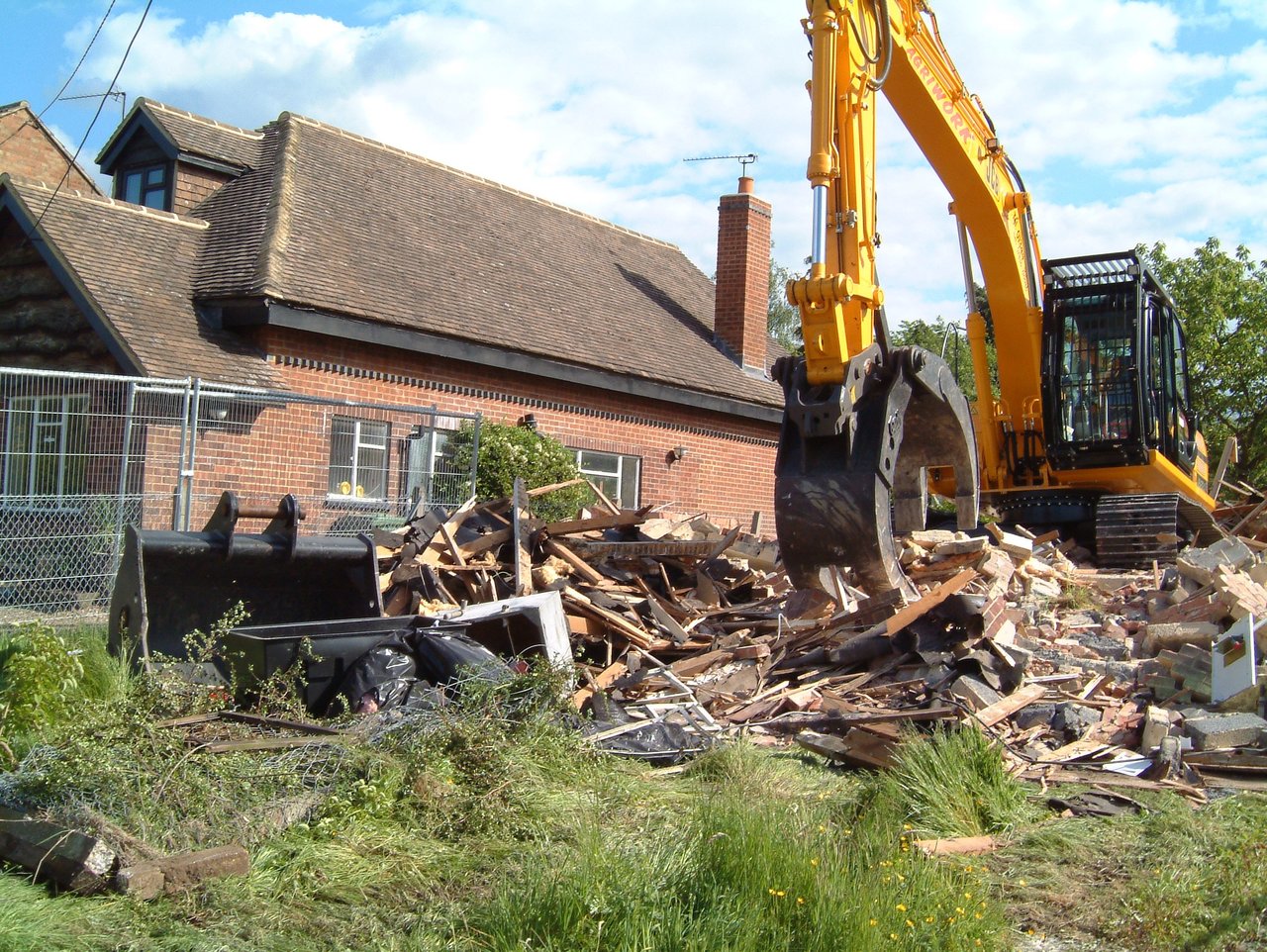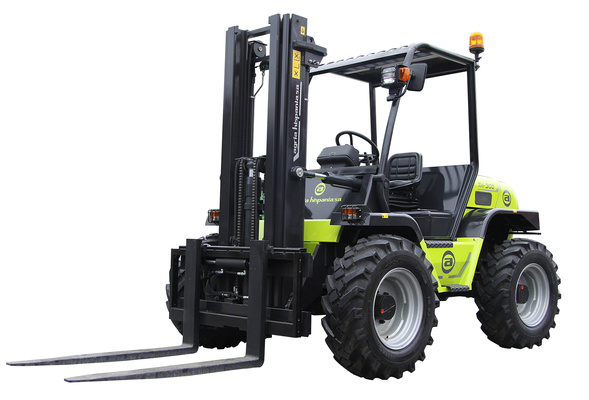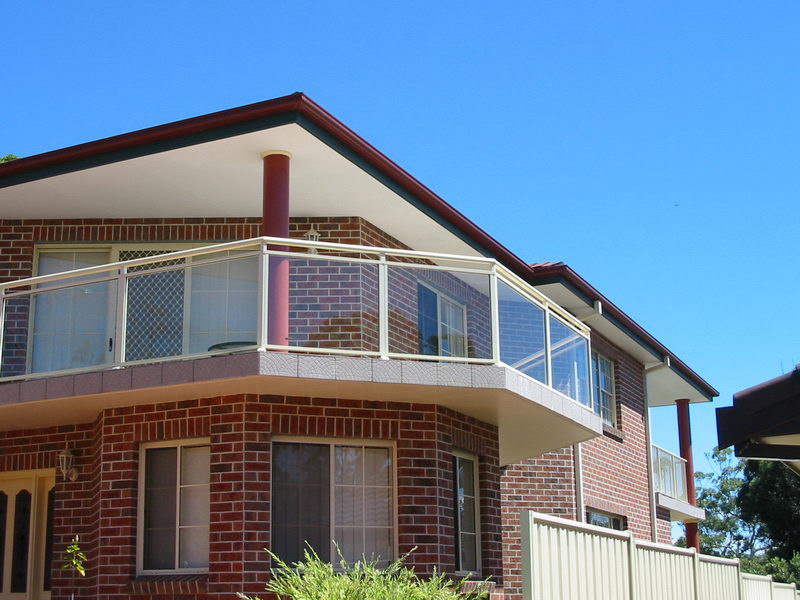To some, it’s a strange experience if they step on a cold floor. Some households decide to live with it because they find underfloor heating as an expensive option. Are you looking for a technology that can make your home warm to your comfort?
Underfloor heating is a versatile method that works best with a vast range of floor coverings. This article solves the most frequently asked questions about the system and understand its essence.
- What Is Wet Underfloor Heating System?
The underfloor heating is like your home radiator. The underfloor heating kit has the technology that helps a lot of homeowners during the colder season. There are two methods of underfloor heating:
- By running water flowing through your pipes underneath the floor.
- By having electric cables running below the house floor.
A water underfloor heating system situated below your house flooring. The installation of this system is more complicated and more expensive compared with electric underfloor heating. The pipes are connected to the UFH system, and they circulate the warm liquid throughout your floor making your space warm.
Why would you settle for this system? The answer is the benefits that it can give you pay off and you will be able to know that as you continue reading.
- How Can You Make Underfloor Heating More Efficient?
Did you know that if you use both an underfloor heating system and a condensing boiler you can have the most energy efficient boiler system? Condensing boiler helps to reduce carbon dioxide (CO2) emissions. Aside from that, it enables you to lower down your fuel bills because the condensing boiler aids to decrease the chance of wasting heat that escapes from the flu.
- What Are Suitable For Underfloor Heating?
The make-up of your existing floor can be compatible with the UFH system. Underfloor heating is suitable for floor finishes such as the following:
- Ceramic Tiles
- Porcelain
- Slate
- Travertine
- Engineered Wood
- Laminate
- Vinyl
- Carpet
- How Can I Lower Down My Utility Bills With Underfloor Heating System?
Though the water-based underfloor heating system is more expensive to install, it’s less costly to run because the heat being emitted is evenly distributed. One of the best ways to lower down your bills is you can integrate a solar system.
- Can I Install Underfloor Heating During House Makeovers?
Yes, there are available specially designed systems that will be suitable for renovation and retrofit project needs.
- Is There A Special Boiler Needed For Underfloor Heating?
Underfloor heating is designed to be compatible with different types of boilers. There’s no need for high-tech equipment because you can use heat pumps, gas, LPG, and oil boilers to feed the heating system. The efficiency works better if you integrate a condenser boiler in the UFH system.
- Can I Connect The UFH Straight To The Radiator Circuit?
Yes, if the area is 15m2 or less while using the ‘return water temperature limit’ valve. You won’t be able to control the radiators individually once you connect the UFH system.
- What Are The Various Types of Under Underfloor Heating?
- Underfloor Heating Mats
- Underwood Carpets
- Vinyl Foil Heating Mats
- Underfloor Loose Wire Systems
- In Screed Heating Systems
Safety Tips To Remember
Be mindful of these essential tips if you opt to install a water underfloor heating system in your house to protect you and your family:
- If you’re unsure or has no experience of setting it up, it’s highly recommended to seek the assistance of a licensed electrician.
- Make sure that it is controlled with an approved thermostat.
- Be familiar with the control instructions.
- Completely cure first all the screeds and adhesives.
- You should only turn on the system once the floor is thoroughly dry.
- Avoid placing flat bottomed furniture on areas where the underfloor heating system is located to prevent airflow restriction.
- Never drill or nail the area of the heated floor.
- If you notice any damage to the heating system, it is necessary to have it replaced right away.
- Never attempt to repair a damaged heating system to prevent shock and fire hazard.
- Find the best underfloor heating kits from reputable providers.
Conclusion
Underfloor heating is a pure energy efficient way to retain warmth within your house. Considered as one of the fastest rising home improvement developments, it requires less power, so it helps you save more. It’s cost-efficient when we are talking about utility expenses. Underfloor heating brings optimal performance when it comes to home insulation needs. This is a must-have for those seeking utmost comfort for the whole family.




Your article helped me a lot, is there any more related content? Thanks!